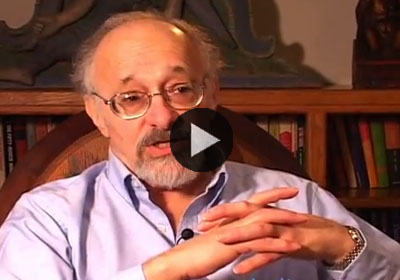How to Help Your Child Get Things Done (Without a Fight)
…r child learn how to do them anyway. This is a critical part of growth and development. We want our children to manage, develop grit, build resilience, and figure out how to do things that are boring, difficult, or not their preference. This can be a tall order. It may be easier to just get through a rough patch by fixing or punishing, but this approach doesn’t prevent the next episode. Instead of being consumed by the immediate problem, it is imp…
Learn More








